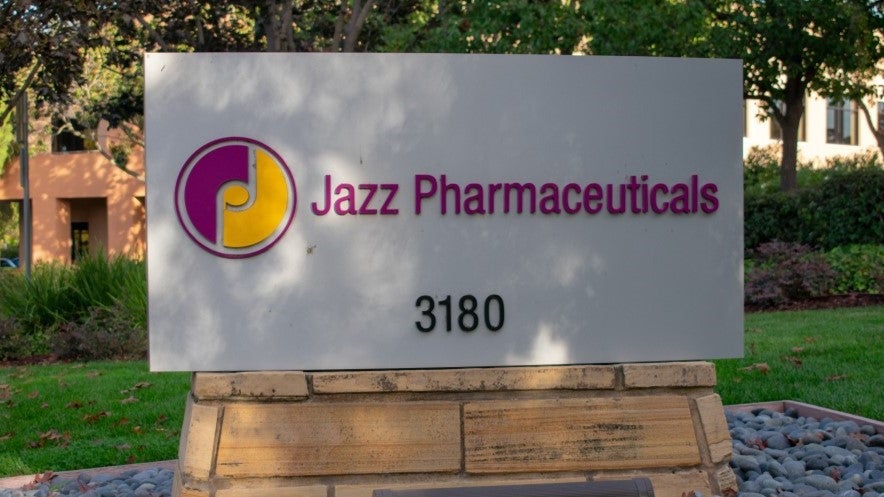’ efforts to get its cannabidiol therapy approved in Japan have hit a snag after a Phase III trial in Japan evaluating the therapy failed to meet its primary endpoint. The Phase III study evaluated the cannabidiol oral solution as an adjunct treatment for seizures associated with Lennox-Gastaut syndrome (LGS), Dravet syndrome (DS) or tuberous sclerosis complex (TSC) in paediatric patients. The study failed to achieve its primary endpoint of a pre-specified percentage change in indication-associated seizure frequency during the 16-week treatment period compared to baseline.
Jazz’s is marketed as and . It is a plant-based cannabis-based medicine. The company added the therapy to its portfolio as part of the 2021 acquisition of .

The US Food and Drug Administration (FDA) has approved the therapy for treating seizures associated with paediatric patients with three rare epileptic disorders, namely Lennox-Gastaut syndrome, Dravet syndrome, and tuberous sclerosis complex. Epidiolex/Epidyolex is a high revenue-generating drug for Jazz. It raked in about $845.
5m in sales last year, as per Jazz’s financials. GlobalData expects the therapy sales to continue their upward trajectory and pull in over $1.3bn by 2030.
GlobalData is the parent company of . Despite the Phase III setback, Jazz plans to continue the therapy’s development in Japan. The company’s executive vice president, Rob Iannone said: “We are confident in the overall clinical profile of Epidyolex, which has been established in in more than 900 patients.
” Access the most comprehensive Company Profiles on the market, powered by GlobalData. Save hours of research. Gain competitive edge.
Your download email will arrive shortly We are confident about the unique quality of our Company Profiles. However, we want you to make the most beneficial decision for your business, so we offer a free sample that you can download by submitting the below form “We believe the totality of the Epidyolex global data, including the findings from this trial, supports the advancement of the program in Japan. We are continuing to collect data in Japanese patients and plan to engage with regulatory authorities in Japan regarding a potential new drug application (JNDA).
” The open-label Phase III trial enrolled 62 paediatric patients between the ages of 1 and 18 years, who suffer from seizures due to either LGS, DS, or TSC. Jazz noted that whilst the primary endpoint was not met, numeric improvements were observed in the primary and several secondary endpoints. Give your business an edge with our leading industry insights.
.


















